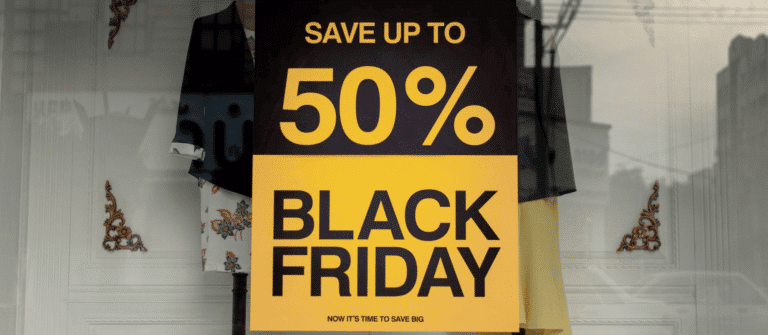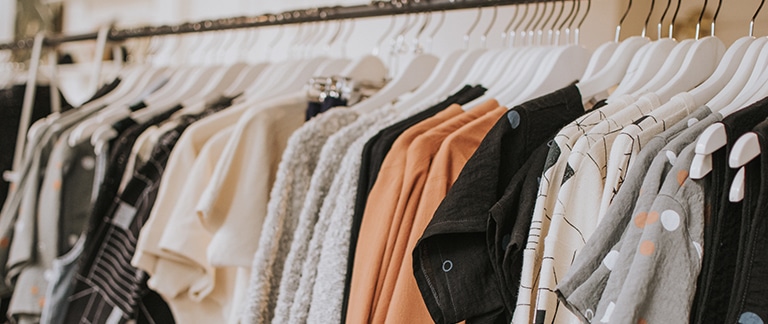A STRANGE TITLE YOU MIGHT THINK FOR AN ARTICLE, BUT IT’LL BECOME CLEAR LATER…
Many households during the last few months have seen an increase in the amount of home baking going on and ours has been no different. The shouts of “Can I do some baking?” have been coming regularly from my kids, and thankfully a local bakery has been able to keep us well supplied with flour, and a local pub has supplied us with yeast.
The fresh bread and cakes have been a welcome addition to the tea breaks, but a recent broken electric whisk has limited some of the recipes unfortunately, and my search for a new one has in in turn led me to write this piece….
Doubling of online grocery sales. 33% increase in ecommerce. As much as quadrupling of online sales in home entertainment, from streaming services to wine, beer and liquor.
Over the past 8 weeks, RichRelevance has witnessed a spike in traffic that mirrors the holiday shopping week around Thanksgiving. Said another way, it seems that now every day is Black Friday.
But can your real-time personalization provider handle this?
Can you tell if personalization is working effectively on your commerce site, right now? Not just the “what” — content or products/offers is being shown — but why and how?
As companies forge ahead and invest in artificial intelligence and machine learning technologies for their e-merchandising teams, the goal is to treat every website visitor as an individual and let them pick out their own experiences instead of defining an one-size-fits-all “journey”.
A McKinsey survey of senior marketing leaders found that only 15 percent of CMOs believe their company is on the right track with personalization. In this recent article, they summarize 3 trends in the future of personalization:
- Digitization of Physical Spaces
- Scaled Empathy
- Usage of Ecosystems by Brands
John Lewis is one of just a handful of retailers innovating and introducing new technology in-store to improve the customer experience.
In 2017, John Lewis launched their Partner App as a key part of their Digital Strategy for their shops. The aim of the Partner App was to enable their partners to better serve customers in-store through instant stock checking, ordering items, browsing the entire JL assortment, doing product comparisons and sharing products by email.
It is typically thought that shoppers mainly browse and research on their mobile devices, with purchases taking place via other channels. Many retailers therefore accept their mobile conversion rates will be lower than those on desktop websites.
Bubbleroom isn’t any ordinary retailer and back in 2016 they had the vision to target a mobile conversion ratio that rivalled its website.
Delivering Personalized Emails embedded with 1-1 Recommendations and Content is more important than ever in today’s market. Shoppers are inundated with an overwhelming amount of communication from brands, retailers and service providers and are challenged to sort through the masses of emails to click and open the communications and promotions they care about. Which is exactly why, sending basic “Let us know how you liked XYZ” and “Because you bought X, you might like Y” emails don’t cut through the clutter anymore. This type of standard email marketing loses the stickiness and CTR that encourages the shopper to return to the site. Retailers must approach emails with a true 1-1 personalization approach and deliver email content, subject lines, and imagery that is tailored to each individual shopper.
The next generation of people (those born between 1995 and 2010, who account for 27% of the world population) is starting to enter the workforce and has spending power. They are less inclined to trust companies and brands, expect to be heard and involved and are quick to switch preferences to brands that offer authentic and transparent experiences. Selling via social media is a potentially revolutionary way to access this fragmented demographic of young, engaged buyers – but how and where should retailers start?







